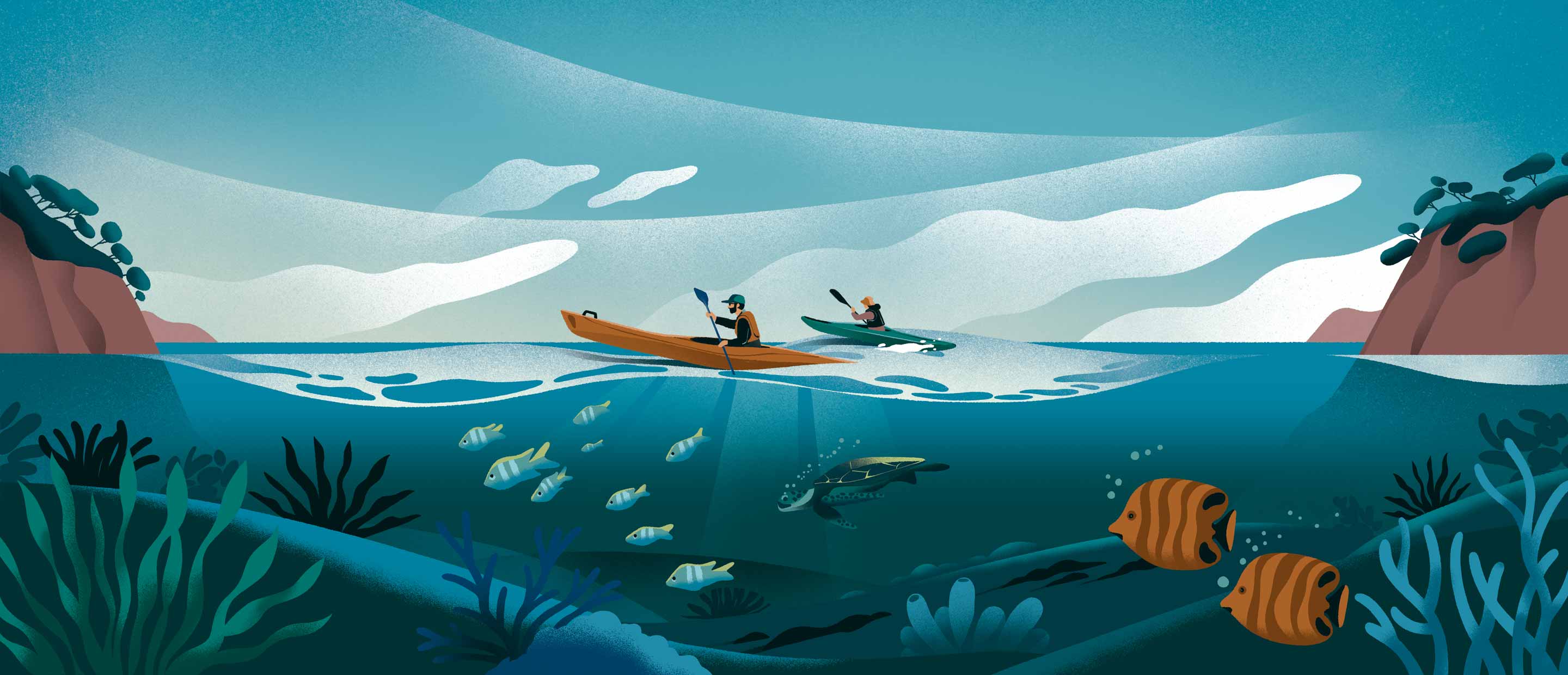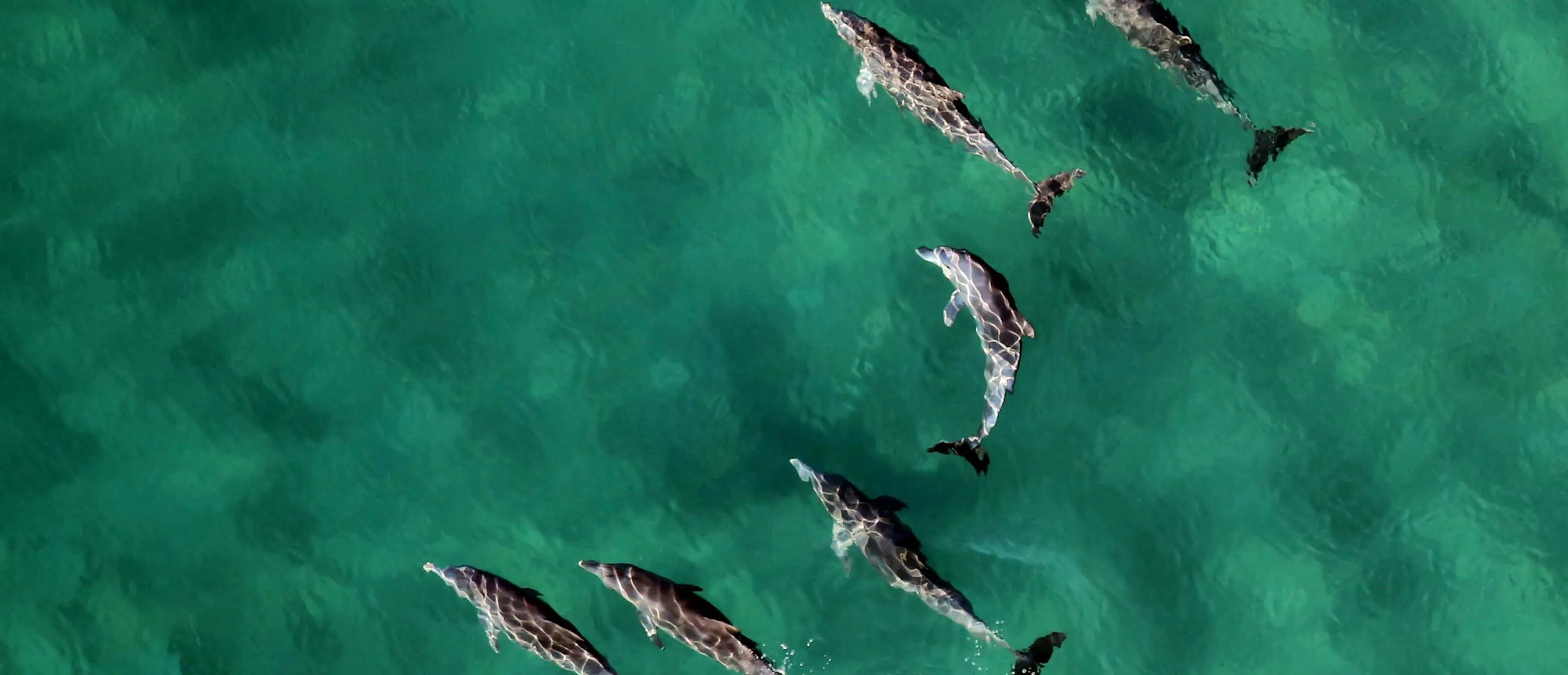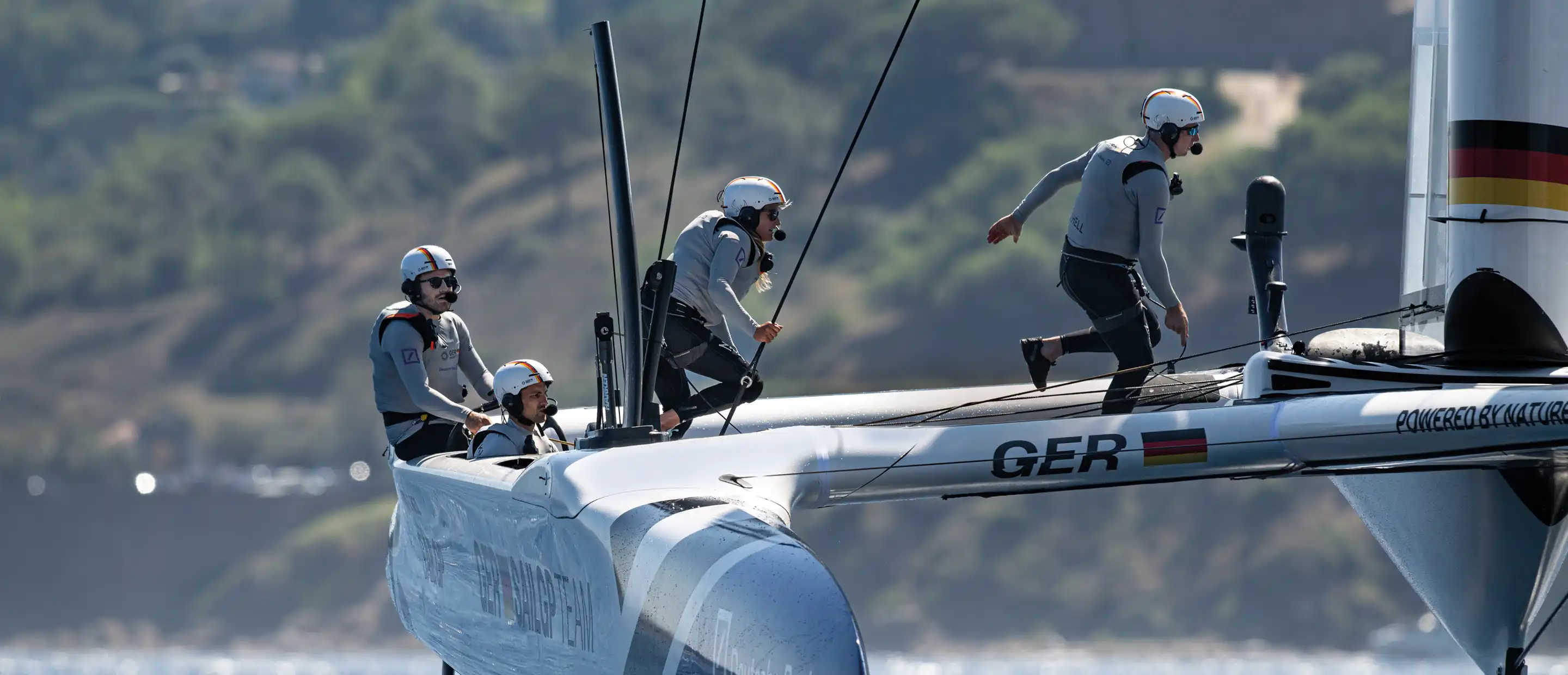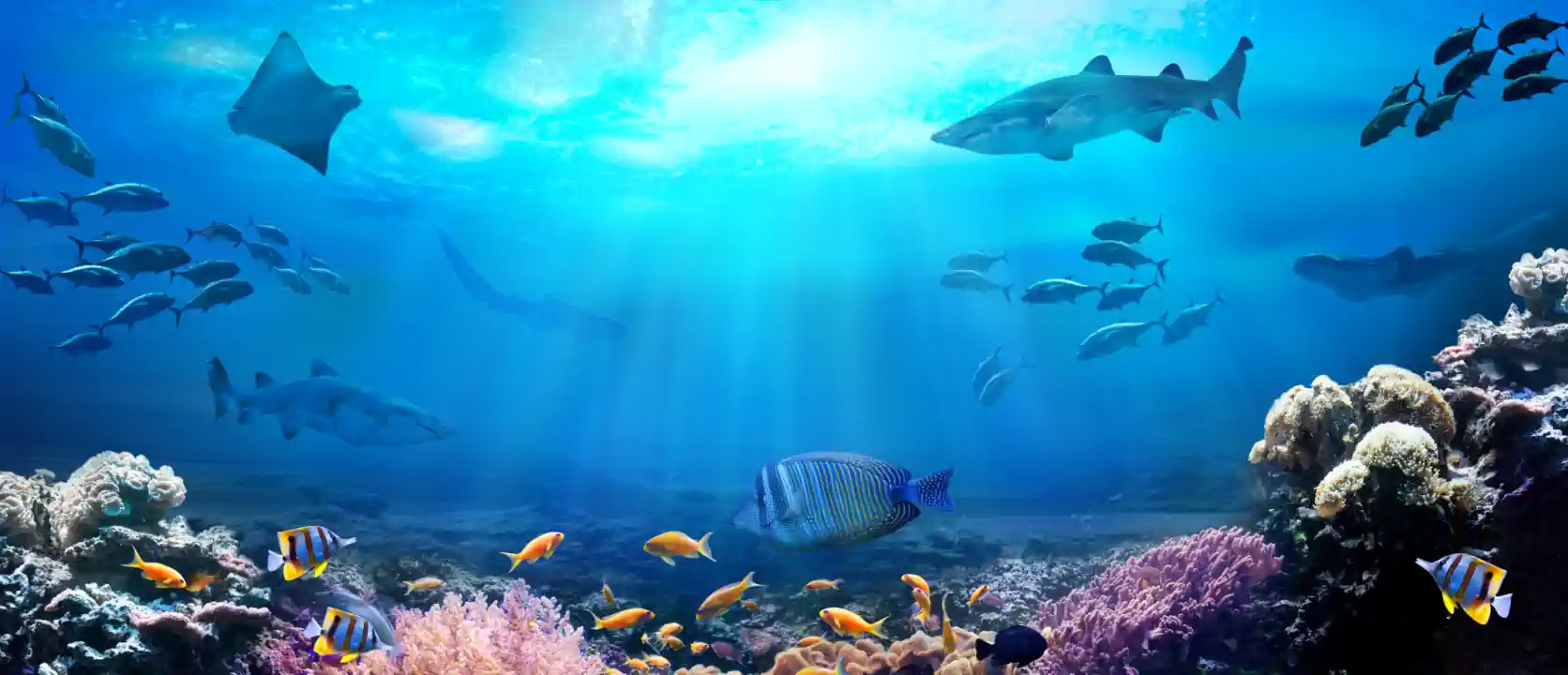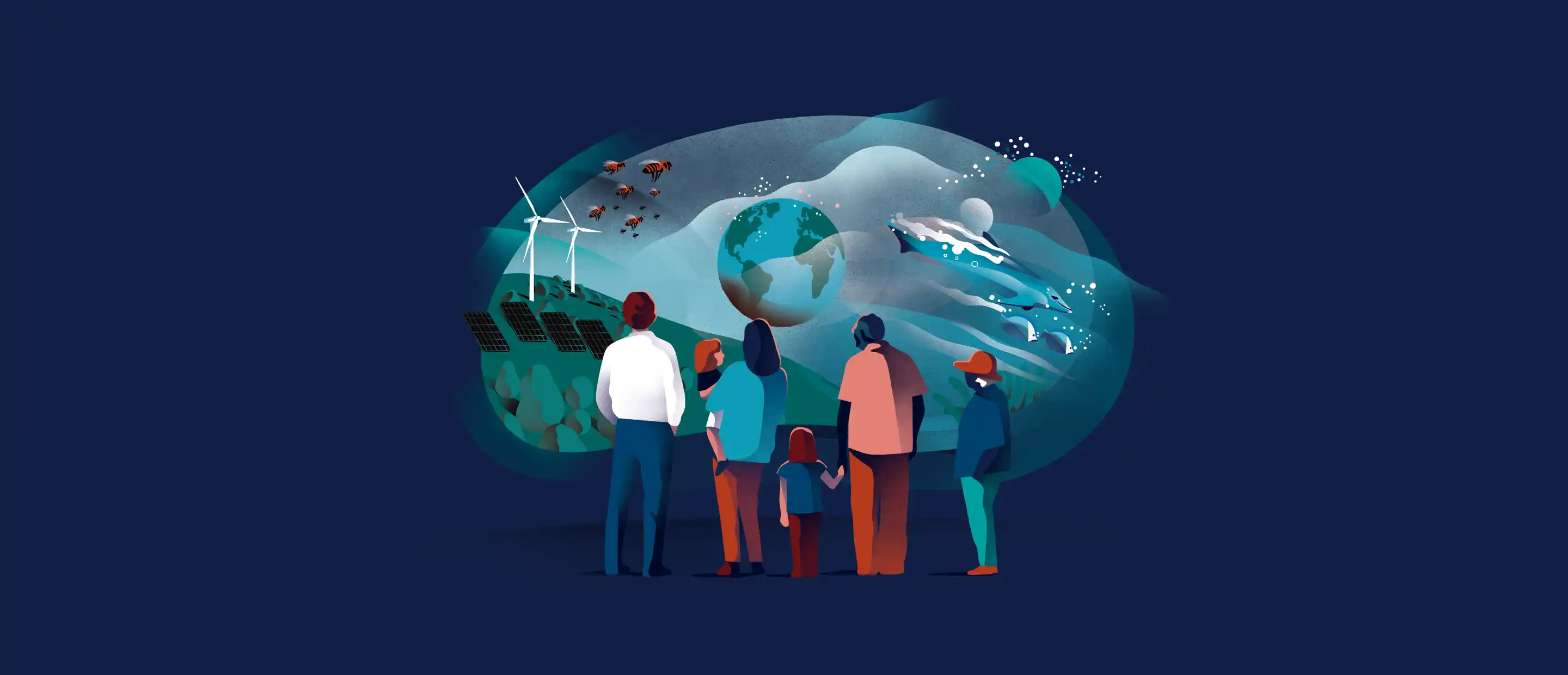As we mark the UN’s World Oceans Day for 2022, we face major challenges in building a sustainable blue economy. This CIO Special, produced in collaboration with the Ocean Risk and Resilience Action Alliance (ORRAA), explains how the global financial sector will play an important role in finding solutions.
- To preserve our ocean’s natural capital, and the ecosystem services this provides, we need to think in terms of value chains.
- Projects in the sustainable blue economy have diverse funding needs, so the financial sector can and must help to ensure that the blue economy of the future is sustainable and equitable.
- Information and measurement are key factors in developing ocean finance. Assessment and disclosure of risk will also help to define new financing methods and institutions and deliver sufficient capital for meaningful change.
The “blue acceleration”
Our relationship with the ocean is on the cusp of major change. We are increasingly aware that ocean environments are under great stress – from temperature change, pollution, and other environmental degradation. But, at the same time, technology and greater knowledge appears to be opening the door for further potentially risky ocean exploitation. The possible consequences of this are not known yet.
As a result, the world is now embarking on what some call the “the blue acceleration” – a race to grab resources in terms of food (e.g. fish), materials (e.g. ocean mining, bioprospecting) and geographic space
.
Ocean governance
Second, the existing regulatory regime which is underpinned by the United Nations Convention on the Law of the Sea, while groundbreaking at the time that it was negotiated in the early 1980s, may no longer be entirely fit for purpose. It left many issues unaddressed. The current regime gives countries geographically extensive national rights (which can be licensed to third parties) but the UN supervisory framework is fragmented. Most of the ocean is also still defined as international waters, requiring the cooperation of many countries to manage properly. Future developments on ocean mining may put the regime’s failings in sharp focus.
Reforming ocean governance is difficult and takes a long time. It has taken nearly 20 years to try to negotiate an agreement at the World Trade Organisation to do away with harmful fisheries subsidies. We have spent almost the same amount of time discussing how to protect biodiversity in the high seas (those marine areas beyond national jurisdictions) and agreement here has yet to be reached. But the threats to the ocean are immediate and profound. There is also a pressing need to integrate ocean needs into an emerging framework of government-agreed environmental targets that are cut across multiple areas and include biodiversity and climate mitigation, adaptation, and resilience.
Natural capital
In this uncertain environment, what rudder can steer us in the right direction? The world’s financial sector will play a great part in determining appropriate future direction in the sustainable blue economy – which also needs to be equitable. Current financial involvement is diverse in size and scope – from small, local (often environmentally-aware) projects to much larger funding of transnational firms in big sectors such as energy or fishing, which may have negative consequences.
These financing needs might seem diverse – but can be seen as part of the same financial value chain.
Finance and value chains
The role of finance in ensuring a sustainable blue economy will depend on the understanding of these value chains.
Financial innovation may change the way we draw on these ecosystem services, at many stages along the value chain from initial extraction to transportation and processing and eventual consumption. By implication, it will also help stop investment in destructive activities which harm natural capital.
Future priorities
Using these three factors, within a natural capital framework, will help us not only to reassess value chains in the wide range of existing and future ocean industries, but also to redefine what we want from them – and help the ocean to both survive and prosper.
